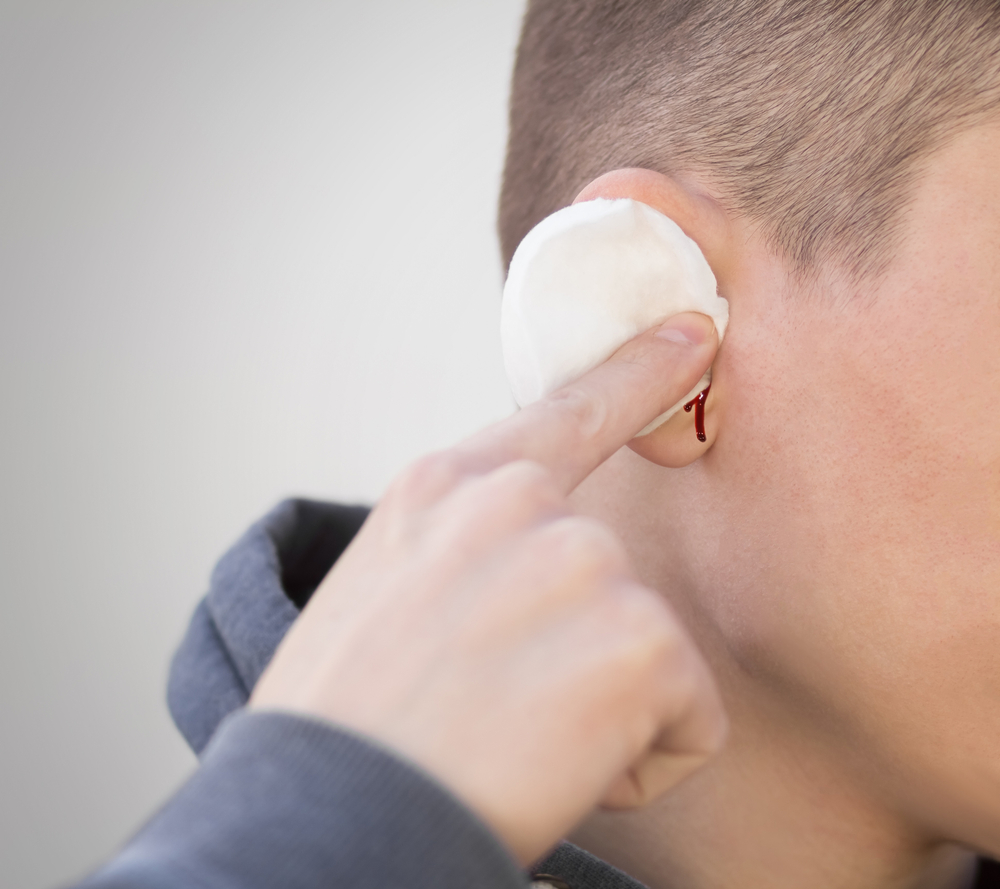Dealing with a headache can be a draining experience, particularly when the pain lingers in areas like your forehead, cheekbones, or the bridge of your nose. Adding symptoms like a runny nose, facial swelling, or a feeling of fullness in the ears can make you suspect that your discomfort is due to a sinus problem. However, how can you be certain that your headache is related to sinus issues and not another underlying condition? Let’s dive into the details to help you identify and manage sinus headaches effectively.
Recognizing the signs of a sinus headache
Identifying sinus headaches can be tricky because their symptoms often overlap with other types of headaches, such as tension headaches or migraines. However, sinus headaches are usually caused by sinusitis—an inflammation or infection of the sinuses. These headaches are commonly accompanied by the following symptoms:
- Nasal Congestion and Discharge: One of the most common signs of a sinus issue is a blocked nose or thick, discolored mucus. Sinusitis can make it difficult to breathe through your nose, adding to the pressure in the sinuses and contributing to headache pain.
- Facial Pain or Pressure: Sinus headaches are often associated with pain or pressure around the forehead, cheekbones, or the area just behind the eyes. This discomfort tends to worsen when you bend forward or lie down.
- Tooth and Jaw Pain: Sinus pressure can sometimes radiate to the upper teeth or jaw, causing toothache-like sensations.
- Ear Fullness or Discomfort: The sinuses and ears are connected, and when sinus pressure builds up, it can cause a sensation of fullness or even discomfort in the ears.
- Dizziness or Vertigo: Feeling lightheaded or dizzy often accompanies sinus headaches, particularly if there is congestion blocking the sinuses.
- Persistent Cough: If you have a sinus infection, mucus can drip down your throat, triggering a chronic cough that often worsens at night.
- Fever: In some cases, a sinus infection can cause mild to moderate fever, especially if there is an active bacterial infection present.
- Discolored Mucus: If your mucus becomes yellow, green, or tinged with blood, this may signal a bacterial infection, which could be contributing to your sinus headache.
If you experience these symptoms consistently, it’s likely that your headaches are linked to sinus issues. However, if symptoms persist or worsen despite initial treatments, it may be necessary to explore other causes.
Treating sinus headaches: effective solutions
The key to managing sinus headaches is treating both the headache and the underlying sinus issue. There are several options that can provide relief from the discomfort and improve overall sinus health:
- Decongestants: Over-the-counter decongestants can help relieve blocked nasal passages by reducing swelling and improving sinus drainage. These medications are effective for short-term relief but should not be used for extended periods.
- Nasal Steroid Sprays: For chronic sinusitis or recurring sinus headaches, nasal steroid sprays may be prescribed. These work by reducing inflammation in the nasal passages and sinuses, providing longer-lasting relief.
- Humidifiers and Vaporizers: Dry air can aggravate sinus issues, especially in colder months. Using a humidifier or vaporizer can add moisture to the air and help keep the sinuses moist and free from irritation.
- Balloon Sinuplasty: This minimally invasive procedure involves the use of a small balloon inserted into the sinus passages. The balloon is inflated to open up blocked sinuses and improve drainage. It is particularly effective for those with chronic or severe sinus blockages that do not respond to other treatments.
- Saline Irrigation: Rinsing the nasal passages with a saline solution can help clear out mucus and allergens, reducing sinus congestion and pain. This can be done at home using a neti pot or a saline spray.
When to consult an ENT specialist for sinus headaches
If you experience frequent or severe sinus headaches that do not improve with over-the-counter remedies, it may be time to consult with an ENT (ear, nose, and throat) specialist. ENT professionals are experts in diagnosing and treating sinus issues and can offer a more targeted approach to address your symptoms.
Your ENT will perform a comprehensive evaluation, including a physical exam and possibly imaging tests, to assess the condition of your sinuses. They will then work with you to create a personalized treatment plan that addresses both the headaches and any underlying sinus conditions.
If your sinus headaches are caused by chronic sinusitis or other persistent issues, seeking professional care can help prevent long-term complications and improve your quality of life.
Finding relief from sinus headaches
Headaches related to sinus problems can be debilitating, but understanding the symptoms and seeking proper treatment can bring significant relief. By addressing both the headaches and the sinus congestion, you can take control of your health and enjoy a pain-free life.
If you suspect that your headaches may be sinus-related, find a local ENT specialist to begin your path to recovery.



